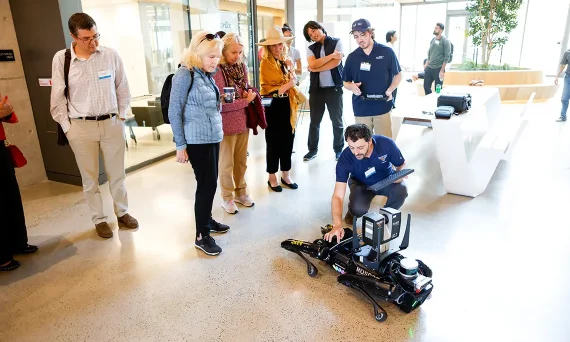Foundations team member Nisheeth Vishnoi of Yale elected to 2025 class of AMS Fellows
Forty-one mathematical scientists from around the world have been named Fellows of the American Mathematical Society (AMS) for 2025. Recognized by their peers, AMS members designated as Fellows of the AMS have made outstanding contributions to the creation, exposition, advancement, communication, and utilization of mathematics.










